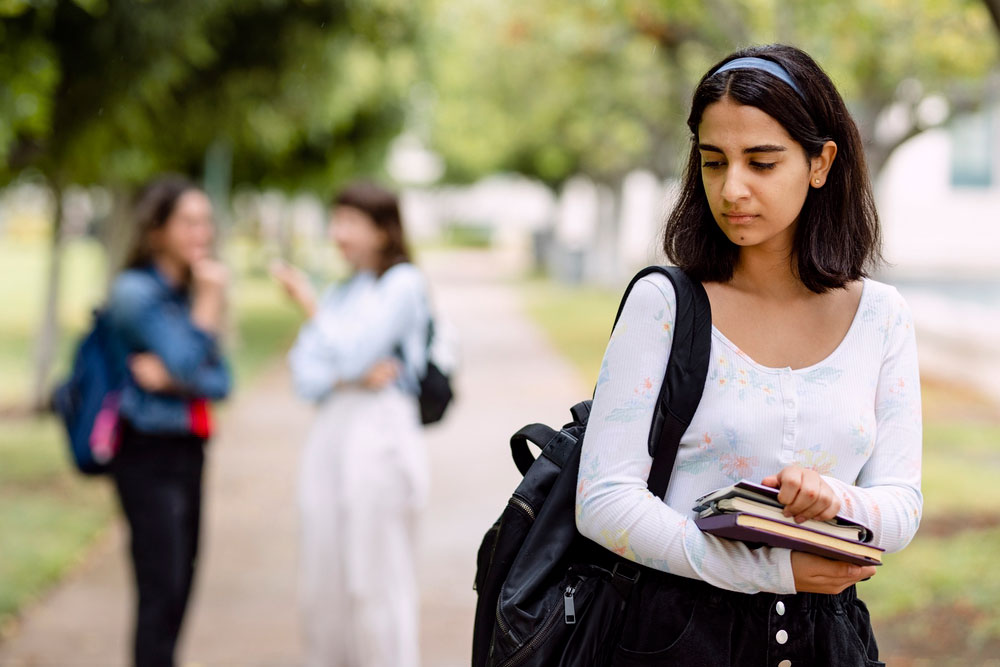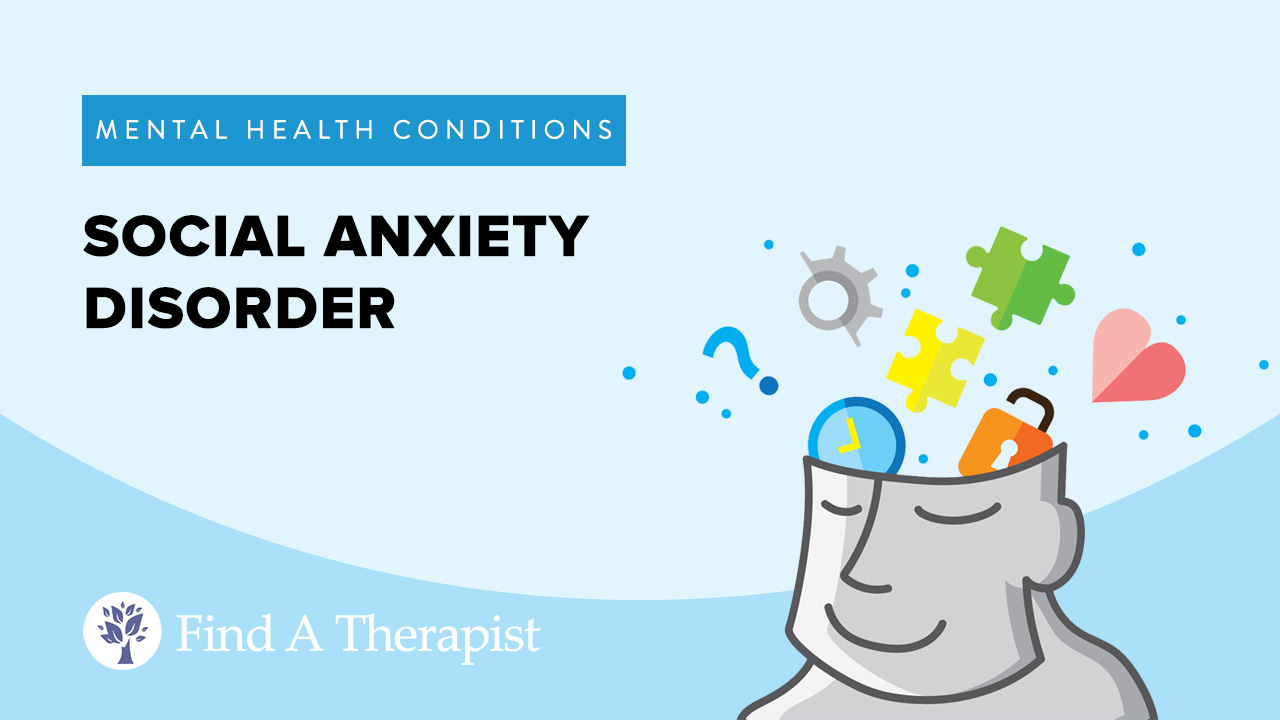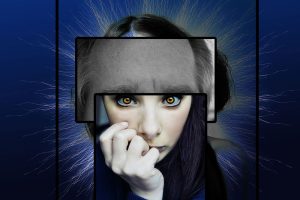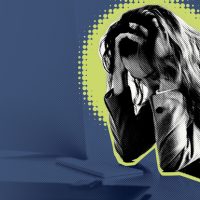Social Anxiety Disorder: What It Is And What To Do?
Published on October 12th, 2018
Updated on January 2nd, 2024

Social anxiety disorder (social phobia) is a disorder that makes a person feel anxious in social situations. People with social anxiety feel awkward and uncomfortable when socializing with others. This causes them to shut down. They may also act in a way that seems strange or uncharacteristic.
There are many situations that can cause a person with social anxiety to feel anxious. The anxiety can sometimes cause panic attacks or emotional outbursts. It can also prevent a person from making friends or dating. Life with social anxiety can be lonely, but there are ways to manage the condition.
What Does Social Anxiety Feel Like?
Like all anxiety disorders, social anxiety causes feelings like nervousness, fear, and apprehension. These feelings can cause discomfort for the affected person. A person with social anxiety may feel muted or unable to be their authentic selves around others. This causes a lot of frustration and negatively impacts their sense of self-esteem.
Sponsored by

Choose a therapist to work with and start healing with 20% off from BetterHelp.
Click HereSocial anxiety can cause symptoms that are triggered by having to be social with others. These symptoms are uncomfortable and can be difficult to manage without healthy coping skills.
People with social anxiety may share similar symptoms but have different triggers. These symptoms can range from mild to severe and are based on the individual’s triggers.
Social anxiety causes behavioral, mental, and emotional symptoms. Such symptoms include:
- The intense urge to escape or hide in a social situation
- Sweating or shaking
- Anxiety and nervous thoughts
- Lightheadedness
- Inability to concentrate on conversations
- Distractibility
- Panic attacks
- Avoidance of social situations and interactions
- Poor self-image
- Seeing self as awkward, embarrassing, or unwanted
- Fear or assumption of being judged
- Paranoia about what others may be saying or thinking about them
- Overanalyzing social interactions
A person with social anxiety disorder may show their discomfort through different behaviors. Such behaviors include:
- Crossing their arms
- Avoiding eye contact with others
- Staying very quiet in conversation
- Stuttering
- Not engaging in conversation
- Acting out of nervousness
- Struggling to answer questions when asked
- Seeming uncomfortable in social settings
- Seeming disinterested in conversations or social activities
What Causes Social Anxiety?
People with social anxiety tend to lack confidence in themselves. They tend to have a poor self-image and may feel like they cannot break through their anxiety to show their true selves. People with social anxiety fear judgment from others. They may also suffer from other mental health disorders.
A person with social anxiety may or may not have a triggering event that causes the anxiety. Some events that can cause a person to be at risk of developing social anxiety include:
- Being bullied as children
- Difficulty with keeping friends while growing up
- Struggles with developing social skills and communication skills
- Being introverted or shy as a child
- Developing low self-esteem at a young age
Living With Social Anxiety Disorder
People with social anxiety struggle in different types of social settings. It can be a challenge to feel comfortable when around others.
A person with social anxiety will feel like there is a spotlight on them. They will be uncomfortable with themselves and the people around them.
People with social anxiety struggle at varying degrees. What may be challenging for one person may not be for another person.
Example: Someone may be able to perform but fear having unrehearsed conversations with acquaintances. A person may also be outgoing with close friends but shut down when around people that they are not close with.
Situations that may be uncomfortable for people with social anxiety disorder include:
- Speaking in public
- Parties or social gatherings
- Group activities, projects, and conversations
- Meeting and making small talk with people
- Using the telephone
- Confrontation
- Team exercises
- Dating and making friends
- Running errands
- Having to interact with strangers
- Crowds and cramped rooms
The challenges that come with social anxiety can cause difficulty with making friends. People with social anxiety often feel isolated from others. They may also struggle to establish relationships and feel like they belong.

What To Do If You Have Social Anxiety
If you feel you may have social anxiety, the first step to feeling better is meeting with a mental health professional. Professional counseling for social anxiety helps people learn how to cope with their triggers.
A person with social anxiety will likely need individual counseling. Many also participate in group therapy.
A form of therapy for social anxiety is cognitive-behavioral therapy (CBT). CBT helps people recognize their errors in thinking. It also helps those who suffer from social anxiety by identifying anxious thoughts.
People with social anxiety tend to make incorrect assumptions about social situations, like:
- Predicting the outcome of situations
- Feeling that they are awkward and making others uncomfortable
- Assuming that others are thinking negatively about them
- Fearing being confronted with an uncomfortable or unpleasant issue when interacting with others
- Assuming that others are judging them or do not like them
With CBT, the affected person learns how to correct these errors in thinking. They learn how to use evidence about a situation that disproves their negative talk.
People in therapy also learn that their negative thoughts stem from their anxiety and not the people around them. This can help the affected person learn how to cope with their fear of embarrassment or rejection.
Sponsored by

Find an affordable therapist online with 20% off from BetterHelp.
Click Here






Leave A Reply